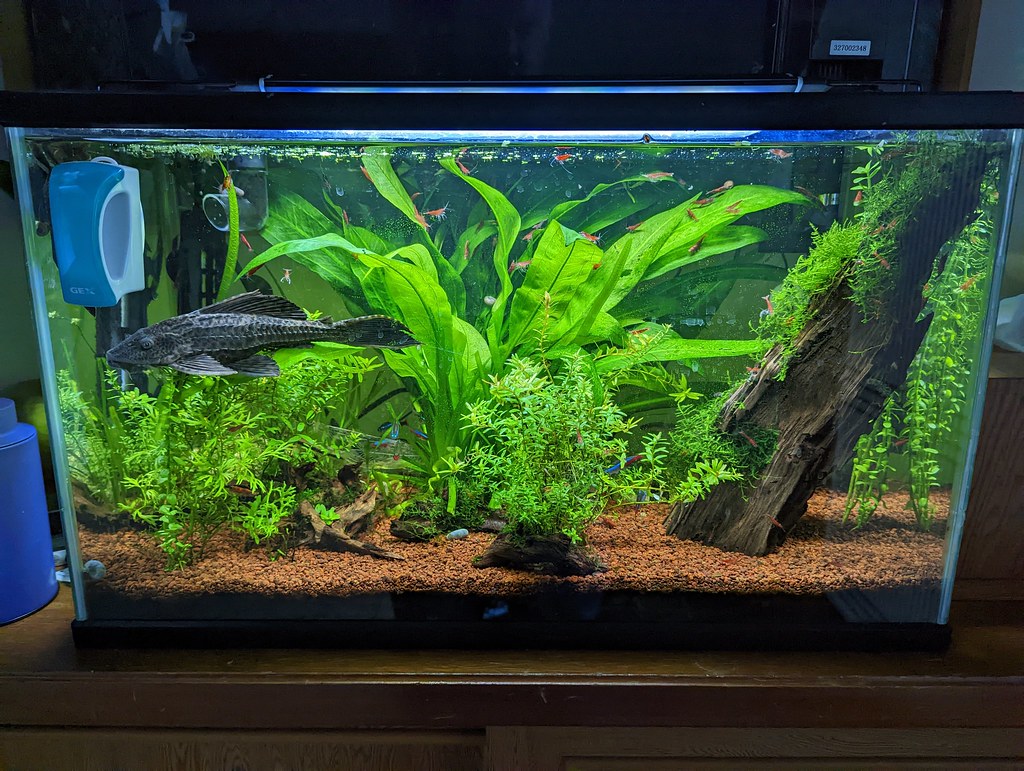Budget is another consideration when selecting a hobby. Is the hobby expensive? Do you need to invest in a lot of equipment to get started? Is the amount of enjoyment dependent on the money spent? How can you avoid overspending?
Some hobbies are expensive. For example, if you choose golf or hockey as a hobby you can expect to pay big bucks. The equipment to get started can be expensive. In addition to the initial cost to start the activity, there can be ongoing costs such as rink rental or green fees.
Equipment rentals can be helpful here and so can second-hand equipment to avoid overspending initially. Renting a set of clubs is a great way to try golf before you commit to buying a set. Starting with a second-hand set of hockey equipment is more economical while you’re a beginner.
Something like cycling on the other hand has a high initial cost but not really ongoing fees. You don’t have to pay to cycle, nor rent specific space. However, bikes do require maintenance so that is something else to consider. The same is true with keeping aquariums. You can get started relatively cheaply but there can be ongoing expenses.

Other hobbies such as knitting have a low cost to entry some wool and a pair of needles. But the sky’s the limit on how much you can spend. If you’ve ever taken a look at the cost of some wool you will know exactly what I mean. Vicuña wool can cost as much as $300 per skein (ball) making a scarf a very expensive project.
One recommendation to avoid overspending is using online resources to help reduce costs. Don’t want to pay for classes? I guarantee there is a YouTube video on it and probably a Reddit group.
Want to take an affordable class? Check out local community centers. Often libraries can be a great place to start to find resources. You will often see free trials or introductory classes posted on community bulletin boards.
If possible, start with minimal equipment, or second-hand equipment. Often there are people leaving a hobby who are happy to part with their equipment if they know it is going to a good home.
When I was moving from a large house to a small condo, I had to get rid of a number of stretcher frames for painting. I put them on the curb with a little sign stating they were free. There was a knock at the door and this nice woman asked if she could take them. We chatted for a bit about art and she explained she was just getting started. She was so nice I gave her several boxes of high-end oil paints I wasn’t going to be able to store. I knew they were going to go to a good home so I didn’t mind giving them away!

